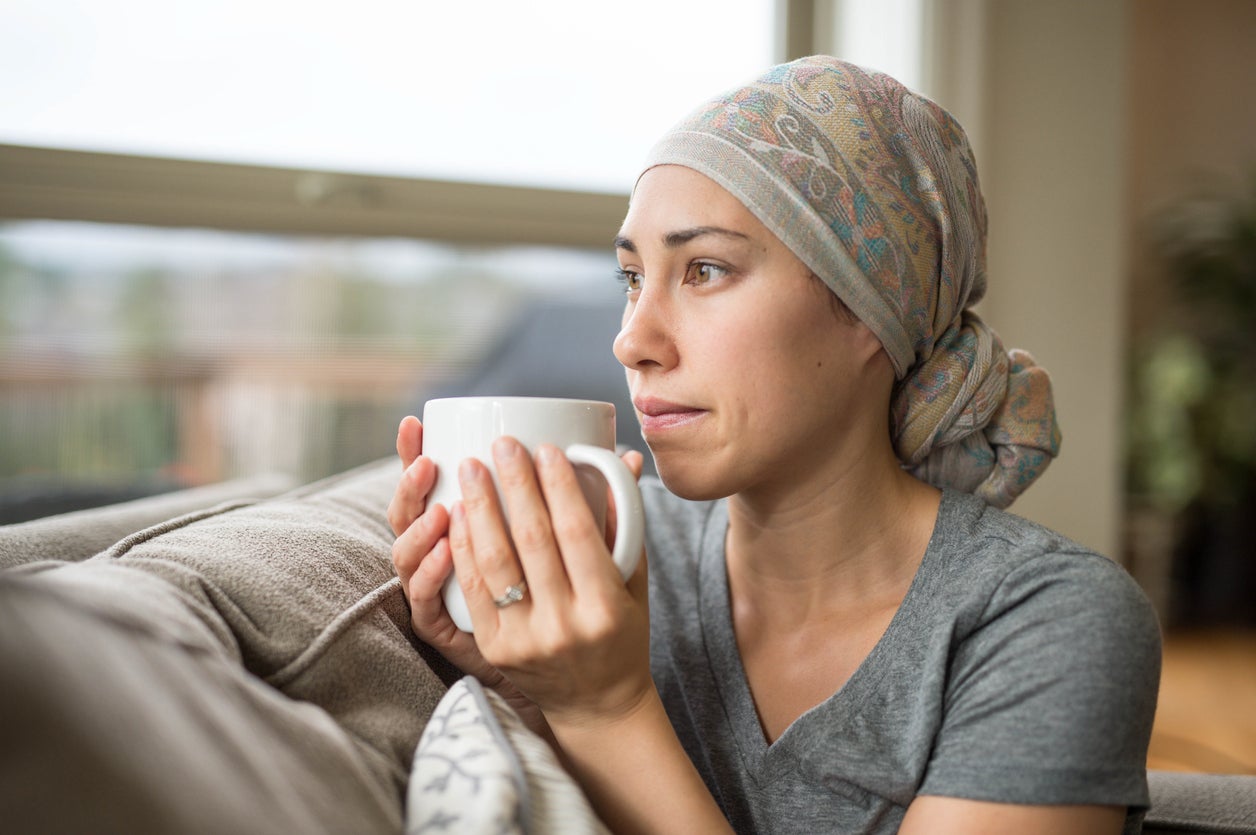Rise in cancer cases for those aged 16-65 years old, report claims
‘More people than ever are facing the gruelling task of juggling their cancer, their jobs, and their financial commitments’

The number of working age people living with cancer in the UK has risen drastically in recent years, as reported by Macmillan Cancer Support.
According to a new estimate calculated by the charity, there were 10 per cent more cases of cancer among people aged between 16 and 65 in 2015 than there were in 2010.
In just five years, 80,000 more people in that age bracket were found to be living with cancer.
This means that the total number of individuals of a working age living with cancer came to 890,000 in 2015.
Macmillan Cancer Support is urging employers to provide greater levels of support for their employees in the event of a cancer diagnosis.
The charity is also trying to make people with cancer more aware of their rights at work, with their campaign: “Cancer isn’t fair but your boss has to be”.
In 2016, Yougov Plc carried out a survey of 1,009 working adults who had previously been diagnosed with cancer.
The researchers discovered that 53 per cent of the participants had been unaware at the time of their diagnoses that their employers had a legal obligation to cater to their needs, such as by offering flexible working hours or time off work.
Furthermore, almost a fifth of those who returned to work felt discriminated against in the workplace.

The rise in the number of people of a working age living with cancer means that more are having to face the prospect of attempting to sustain a busy career while suffering from poor health, potentially without sufficient support from their employers.
When Anthony Lloyd West, a 56-year-old from Cheshire, was diagnosed with Acute Myeloid Leukaemia in 2014, he experienced discrimination in the workplace firsthand.
“I disclosed my cancer diagnosis fully as I wanted to be upfront about the support I needed, but it quickly became obvious the company wasn’t interested in supporting me,” he said.
“It was initially agreed that I could work from home at least two days a week to help with my recovery, but in practice they made it difficult for me to do this.
“A few months later, on a day off for further cancer treatment, I was told the company was being restructured and my role was no longer needed. I was devastated.”
Macmillan runs a programmed called “Macmillan at Work”, which provides employers with instructions on how to help employees who have been diagnosed with cancer.
“Such a significant rise means more people than ever are facing the gruelling task of juggling their cancer, their jobs, and their financial commitments,” said Liz Egan, “Working Through Cancer” programme lead at Macmillan Cancer Support.
“Staying in work is important to the majority of people as it helps to retain a sense of normality that is essential to their emotional and physical wellbeing during cancer."
Join our commenting forum
Join thought-provoking conversations, follow other Independent readers and see their replies
Comments